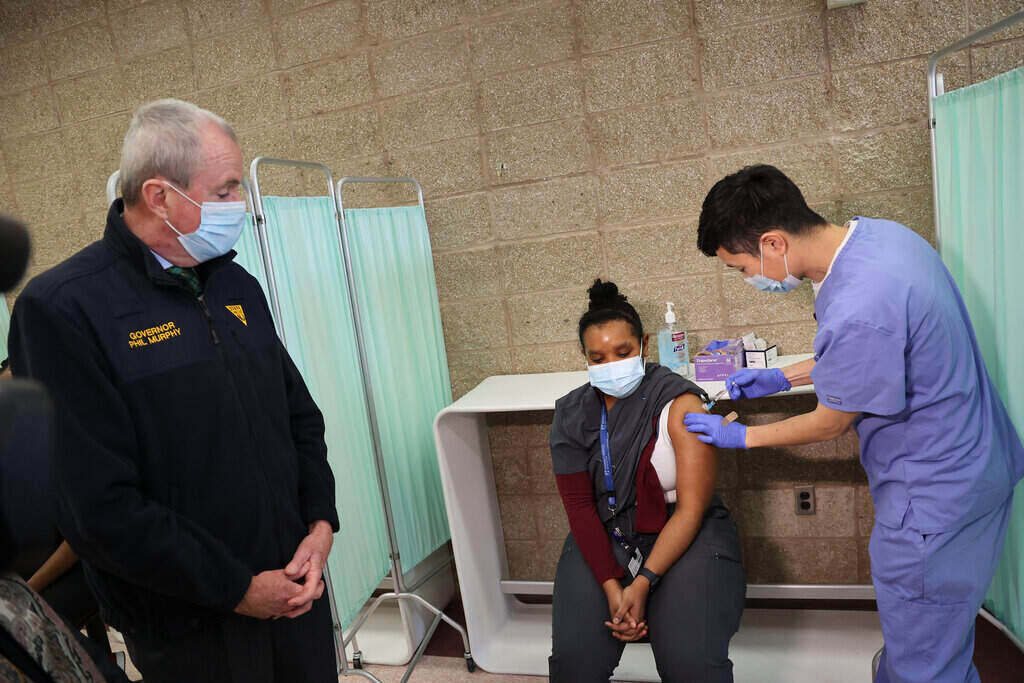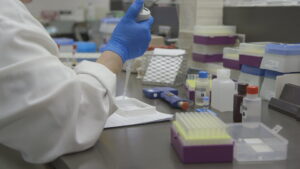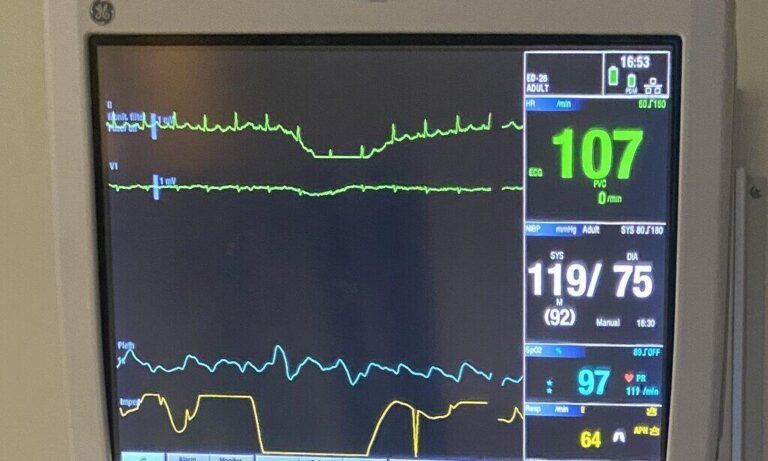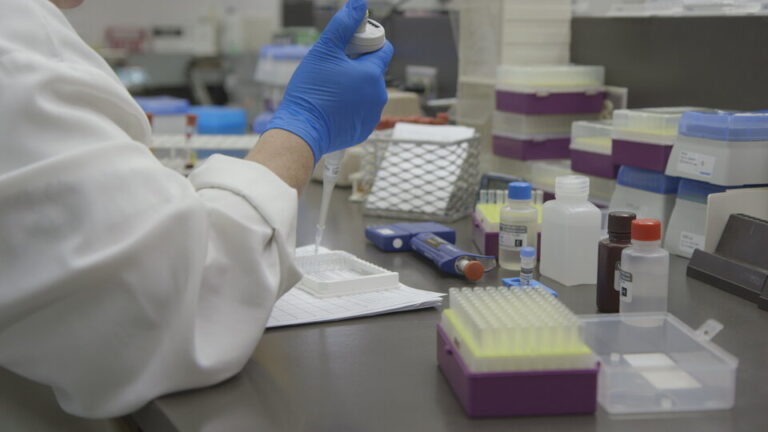A new study suggests that it is important to receive the COVID-19 booster shot to help stave off major infection. The new Omicron subvariant has proven to be able to evade the body’s immune response to previous infection or the vaccine. This is why getting a booster is important, say scientists.
Doing so generates enough of an antibody response creating protection from severe disease outcomes from any of the new Omicron subvariants. The BA.5 strain is a major contributor to most COVID-19 reinfections across the United States and the world.
A few months ago, a research team led by the University of Washington School of Medicine’s Veesler Lab study the previously dominant COVID-19 strains BA.1, BA.2, and BA.2.12.1. Later, they added the BA.4 and the BA.5 subvariants. This allowed them to evaluate a panel of seven vaccines already available in the U.S. and around the world to see how they protected against COVID-19.
They were able to determine that the BA.5 will be the most immune-evasive variant to date. However, that does not mean the previous booster shots can no longer restore protection.
They were able to look at fundamentally every single prominent “vaccine platform in the world side by side and see that despite the scariness of this variant, all of these vaccine platforms are going to elicit solid immune responses,” stated John Bowen, one of the paper’s lead authors and a biochemist at the Veesler Lab.
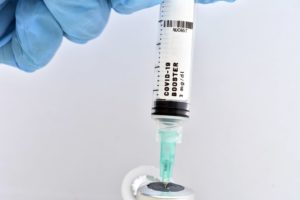
During their study, Bowen noted he “had to repeat it over and over again because I was just like, ‘Why am I not seeing that this is as immune evasive as other people have said?’”
He and his team “were very excited to see that even though it’s more immune evasive than the other ones we tested, previous methods are still going to protect against it.”
A team of scientists led by Yale School of Public Health and the University of North Carolina at Charlotte faculty members says that there is strong protection following vaccination is short-lived.
Their study is the first to measure the likelihood of future infection after contracting COVID-19 or receiving the Oxford-AstraZeneca, Johnson & Johnson, Moderna, or Pfizer vaccines. The team published their findings in the Proceedings of the National Academy of Sciences.
A person’s risk of having a breakthrough infection depends on the type of COVID-19 vaccine they received, according to the study. The current mRNA vaccines (Moderna and Pfizer) offer people the greatest duration of protection — almost three times that of natural infection and the Johnson & Johnson and Oxford-AstraZeneca vaccines.
The Moderna and Pfizer vaccines provide “the highest levels of antibody response and in our analysis confer more durable protection than other vaccines or exposures,” explained Jeffrey Townsend, the study’s lead author and the Elihu Professor of Biostatistics at Yale School of Public Health.
However, it is important to remember that natural immunity and vaccination are not mutually exclusive. Many people will have partial immunity from multiple sources, so understanding the relative durability is key to deciding when to provide a boost to your immune system.
Up-to-date booster shots are required to have dependable protection against COVID-19 reinfection.
For decades, vaccines have been a crucial public health tool, which is probably why people think it’s strange that their durability isn’t well understood. However, vaccines are approved and become available years before experts know how long their protection lasts.
Fading protection from a vaccine can go unnoticed, this is why it is important to understand the durability of their protection. For example, after the initial tetanus series, people need to have a booster every 10 years. COVID-19 is not the first virus needing a booster shot; every flu season people are recommended to get their vaccine.
Written by Sheena Robertson
Sources:
Science: How long do vaccines last? The surprising answers may help protect people longer
Yale School of Public Health: Vaccine Protection Against COVID-19 Short-lived, Booster Shots Important, New Study Says
Yahoo!: The Bill & Melinda Gates Foundation partly funded an Omicron variant study with a surprising conclusion about boosters
Top and Featured Image Courtesy of Phil Murphy‘s Flickr Page – Creative Commons License
Inset Image Courtesy of The Focal Project’s Flickr Page – Creative Commons License

